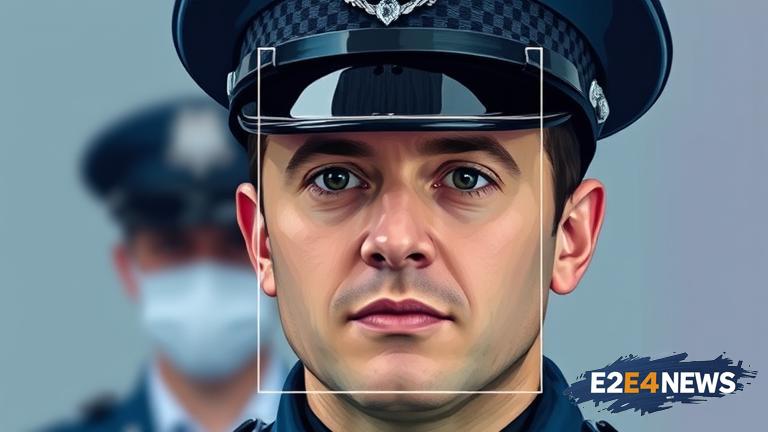The UK’s Equalities and Human Rights Commission (EHRC) has published a report highlighting the shortcomings of police use of facial recognition technology in relation to human rights law. The report found that the current use of facial recognition by police forces in the UK does not meet the requirements of the Human Rights Act, which protects individuals’ right to privacy and non-discrimination. The EHRC has called for greater transparency and accountability in the use of facial recognition technology, including the publication of clear policies and procedures for its use. The report also raises concerns over the potential for bias in facial recognition systems, which could lead to discriminatory outcomes. The police use of facial recognition technology has been the subject of controversy in recent years, with critics arguing that it infringes on individuals’ right to privacy and could be used to target certain groups. The EHRC’s report is the latest in a series of criticisms of the police use of facial recognition technology, and it is likely to add to the growing debate over the use of this technology in the UK. The report found that the police use of facial recognition technology is not sufficiently transparent, with many forces failing to publish clear policies and procedures for its use. This lack of transparency makes it difficult for individuals to understand how their personal data is being used and to challenge any potential misuse. The EHRC has also raised concerns over the potential for facial recognition technology to be used in a way that is discriminatory, particularly against certain ethnic or racial groups. The report highlights the need for greater scrutiny of the police use of facial recognition technology, including the development of clear guidelines and regulations for its use. The UK government has announced plans to introduce new legislation to regulate the use of facial recognition technology, but the EHRC’s report suggests that more needs to be done to ensure that the use of this technology is compliant with human rights law. The report’s findings are likely to be of concern to civil liberties groups, who have long argued that the police use of facial recognition technology is a threat to individual privacy and freedom. The EHRC’s report is a significant development in the debate over the use of facial recognition technology in the UK, and it is likely to have implications for the way in which this technology is used by police forces in the future. The report’s call for greater transparency and accountability in the use of facial recognition technology is likely to be welcomed by critics of the technology, who have argued that its use is often shrouded in secrecy. The EHRC’s report also highlights the need for greater scrutiny of the potential for bias in facial recognition systems, which could have serious consequences for individuals and communities. The use of facial recognition technology by police forces in the UK has been the subject of controversy for several years, with critics arguing that it is a threat to individual privacy and freedom. The EHRC’s report is the latest in a series of criticisms of the police use of facial recognition technology, and it is likely to add to the growing debate over the use of this technology in the UK. The report’s findings are likely to be of concern to individuals and communities who may be affected by the use of facial recognition technology, particularly those who may be subject to discriminatory outcomes. The EHRC’s report highlights the need for greater transparency and accountability in the use of facial recognition technology, including the publication of clear policies and procedures for its use. The report also raises concerns over the potential for bias in facial recognition systems, which could have serious consequences for individuals and communities. The use of facial recognition technology by police forces in the UK is a complex issue, and the EHRC’s report is a significant development in the debate over its use. The report’s call for greater transparency and accountability in the use of facial recognition technology is likely to be welcomed by critics of the technology, who have argued that its use is often shrouded in secrecy. The EHRC’s report highlights the need for greater scrutiny of the potential for bias in facial recognition systems, which could have serious consequences for individuals and communities. The report’s findings are likely to be of concern to civil liberties groups, who have long argued that the police use of facial recognition technology is a threat to individual privacy and freedom. The EHRC’s report is a significant development in the debate over the use of facial recognition technology in the UK, and it is likely to have implications for the way in which this technology is used by police forces in the future.
